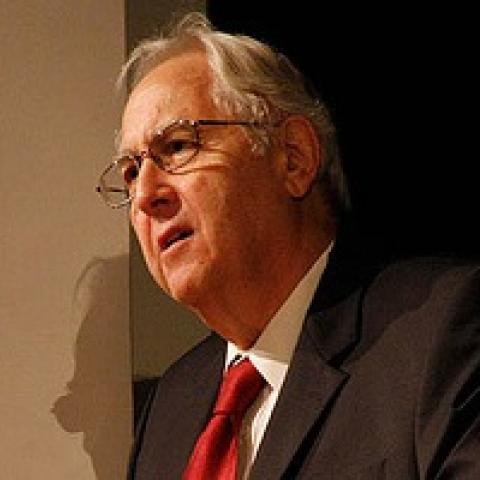Brooklyn College has assigned, as a book that all incoming transfer students must read, the extremely slanted work "How Does It Feel to Be a Problem? Being Young and Arab in America."
A letter from the CUNY college's administration to faculty says the assignment is an "effort to provide a common experience for this population of students." Appalled that this is the "common experience" that administrators aim to foster, faculty members alerted The New York Jewish Week to the scandal.
The book's author is Moustafa Bayoumi, an associate professor of English who teaches postcolonial literature and theory and ethnic studies. His work includes editing a volume in tribute to Edward Said -- the late Columbia University professor who argued that Western prejudice against Eastern cultures had morphed into an ideology of racist supremacy, directed against Arabs and Muslims.
Let me be clear: It might be perfectly legitimate to assign "How Does It Feel" -- if, for example, the college also provided its students with a contrasting opinion, one challenging the view that Americans and New Yorkers in particular are completely Islamaphobic.
As Publisher's Weekly notes, Bayoumi's book presents testimonies from young adults who tell of summary seizures of their homes, harassment from strangers, being fired for having an Arab or Muslim name, etc. -- thus showing a "weight and a sorrow that is often 'invisible to the general public.' "
Rashid Khalidi, the Edward Said professor of Arab Studies at Columbia, says that it "reveals the feelings and frustrations of the current era's scapegoats, who can be demonized, profiled and reviled without fear of sanction."
Further evidence of where Bayoumi is coming from is his newest book: "Midnight on the Mavi Marmara" -- which presents a pro-Islamist version of the recent "freedom" flotilla from Gaza. The book's publisher says "Midnight" shows how Israel's "attack on the Gaza Freedom Flotilla" is likely to be "the beginning of the end for an apartheid Palestine." It includes selections from such noted foes of Israel as Noam Chomsky, Alice Walker, Max Blumenthal, Philip Weiss and scores of Arab authors.
No one at the college is asking that Bayoumi be dismissed, or that his work be censored. Freedom of speech exists so that all ideas can be freely presented before the marketplace, to be aired and challenged. But in this case, the incoming students are being denied that chance -- because the college wants to force feed them one point of view, without even a pretense of providing a conflicting assessment.
Brooklyn College, once the gem of the CUNY system, has shown this ugly face before. A decade ago, the CUNY chancellor had to force its administration to accept the tenure of KC Johnson -- a distinguished historian the school tried to dismiss for his objections to political correctness.
At a time when Mayor Bloomberg stands out for his insistence on the right of Muslims to build the "Ground Zero mosque," the view that our country is taking out its anger over 9/11 against decent American Muslims is clearly overstated.
Last week, The Post reported on how the new Regents exam presents Islam as a religion of peace, while emphasizing how Christianity was oppressive and destructive of native life as it spread through Spanish America. Brooklyn College seems to be following this unbalanced example. No wonder one faculty member commented that the choice of Bayoumi's book "may be more about 'indoctrination' than education."



















